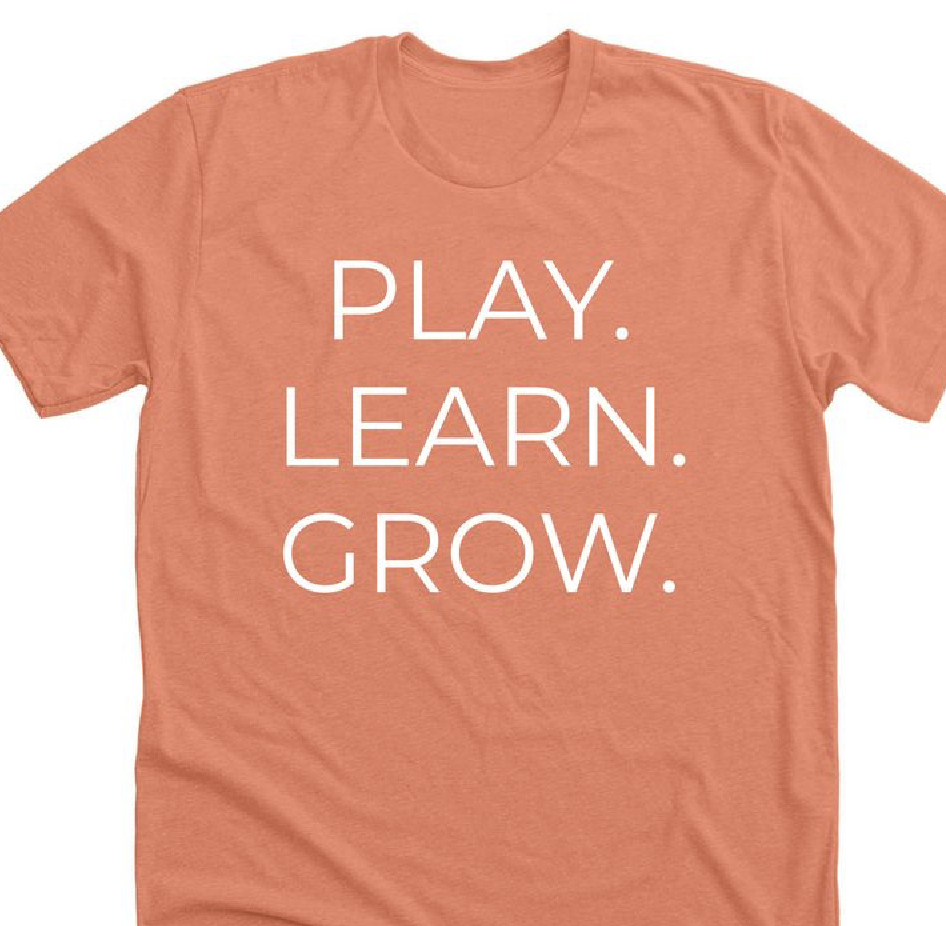Play-Based Learning is REAL Learning
If we, as early childhood professionals, are talking the talk, we should be walking the walk. If we claim to be experts in early childhood development, we should not only speak about it; it should be visible in the way we interact with and plan for the children in our care. Our intentionality should be present in every action and interaction.
There is often a significant disconnect between the philosophy of our programs, the way we discuss early learning, and the actions that take place in our learning environments. If a program states they are play-based but worksheets hang on the walls, what is this saying about the practice of play-based learning? If the focus is learning through play, then making that learning visible is the key to not only talking the talk but walking the walk.
Play-based learning is real learning! Below is an excerpt from a resource I’ve created on play-based learning. It will help programs align their approach to discussing early learning with what actually occurs in the classroom. I am happy to share the entire resource with all of you as long as programs agree to attribute the work to me. At this time, I’ve adapted the resource for programs in MA, VT & NC. I can adapt it to your state standards if you provide a link to the relevant standards.
“ How often have you heard your child's early childhood teacher say “Play is Learning"- have you ever wondered how children actually learn through play and what exactly they are learning?
It can be challenging to predict what the future will hold for our youngest learners. In our play-based programs, we focus on building a strong foundation for our youngest learners, ensuring they are well-prepared for whatever lies ahead. We know that no matter what the future holds, our children will build their foundation based on the Six C's of Play- collaboration, communication, creativity, critical thinking, character development, and citizenship.
Let's start with the research- did you know that current research comparing play-based early learning environments and traditional (academic-based) learning environments shows that children in play-based programs have better language skills (both vocabulary and grammar) than children in a traditional setting. Children in play-based programs are also better equipped than those in traditional programs to self-regulate, which includes the following skills: self-awareness, self-management, social awareness, responsible decision-making, and relationship skills.
In the United States, we (as adults) view play as a reward for getting our work done. We see work as a productive way to spend our lives, while play is seen as something frivolous…”
If you would like a copy of the entire play-based learning parent resource along with documentation samples please reach out to carrie@transformece.com.

